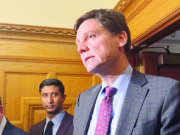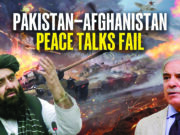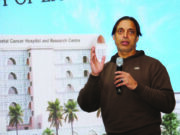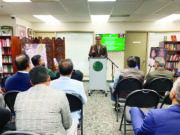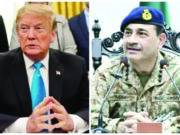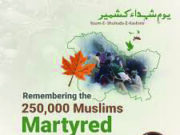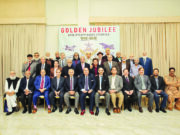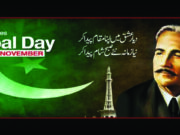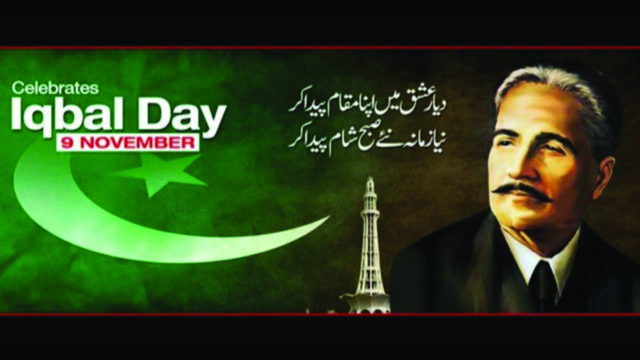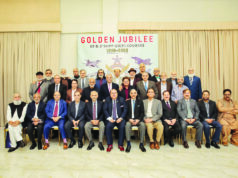Allama Muhammad Iqbal (1877–1938) was a Pakistani poet, philosopher, and politician born in Sialkot, Punjab. He is considered a key figure in the Pakistan Movement, known for his Urdu and Persian poetry and his philosophical ideas that advocated for the cultural and political revival of Muslims in British India. After studying in India, he pursued higher education in England and Germany, earning degrees from Cambridge University, the University of London, and the University of Munich. Returning to India in 1908, he became a lawyer and a prominent political activist, and in 1930, he proposed a vision for a separate Muslim state in his famous Allahabad Address. He is revered as the “spiritual father of Pakistan” and its national poet.
Early life and education
Birth: November 9, 1877, in Sialkot, Punjab, British India
(present-day Pakistan).
Education:
Early education in Sialkot, followed by Government College in Lahore, where he studied philosophy, English literature, and Arabic.
Higher education in Europe from 1905 to 1908, earning a philosophy degree from the University of Cambridge, qualifying as a barrister in London, and obtaining a PhD from the University of Munich.
Influences: His early education was shaped by scholars like Sir Thomas Arnold, who helped bridge his understanding between Eastern and Western ideas.
Career and key roles Poet and Writer:
His poetry, written in both Urdu and Persian, is considered among the greatest of the 20th century.
Early work included patriotic poems like “Tarana-e-Hind” (“Saare Jahan Se Achha”).
Later, his poetry shifted towards a focus on Islamic unity and a cultural and political revival of Muslims, as seen in works like Asrar-e-Khudi (Secrets of the Self).
Lawyer: After returning to India, he practiced law to earn a living, though his fame came from his writing.
Politician:
He joined the Muslim League and became an influential leader.
He served on the Punjab Legislative Council from 1927 to 1930.
His 1930 Allahabad Address is considered a landmark moment for suggesting a political plan for Muslims in British India.
Legacy
The Pakistan Movement:
His philosophical and political ideas are widely seen as having inspired the movement that led to the creation of Pakistan.
National Poet:
He is the national poet of \Pakistan. “Spiritual Father of Pakistan”:
He is often given this title for his role in articulating a vision for a separate Muslim homeland.
Death: April 21, 1938, in Lahore, Pakistan. Source: AI
6.7
C
Vancouver
Wednesday, November 5, 2025



